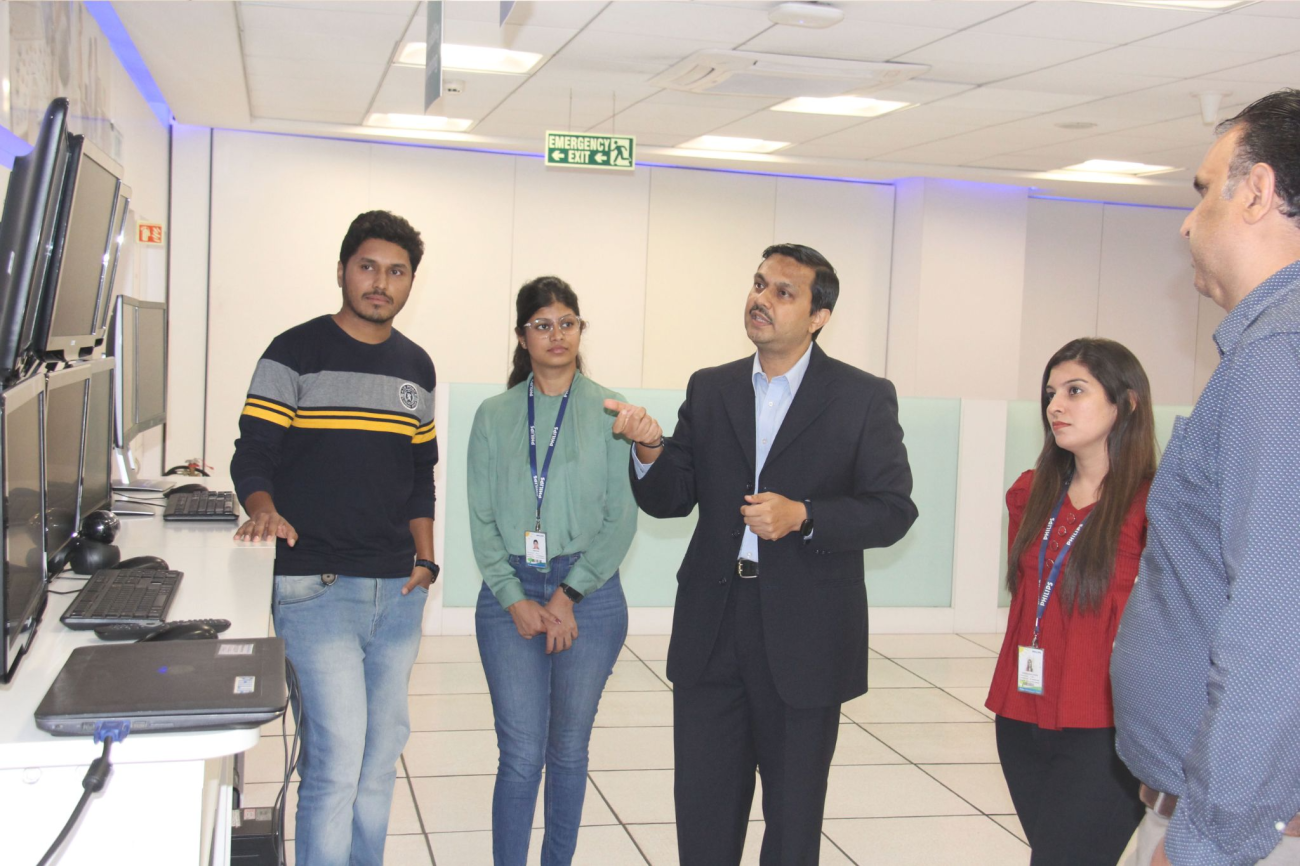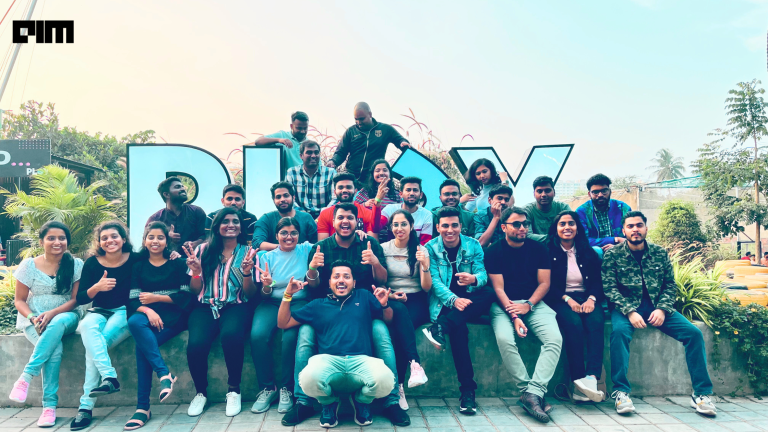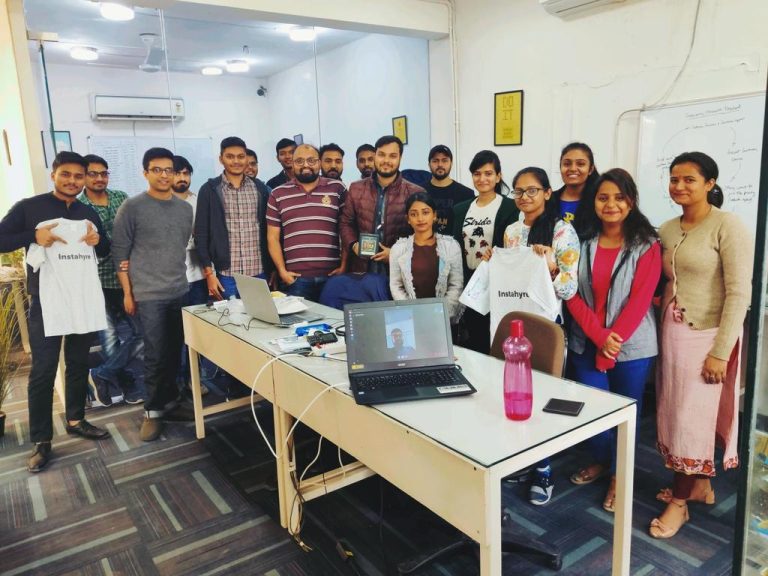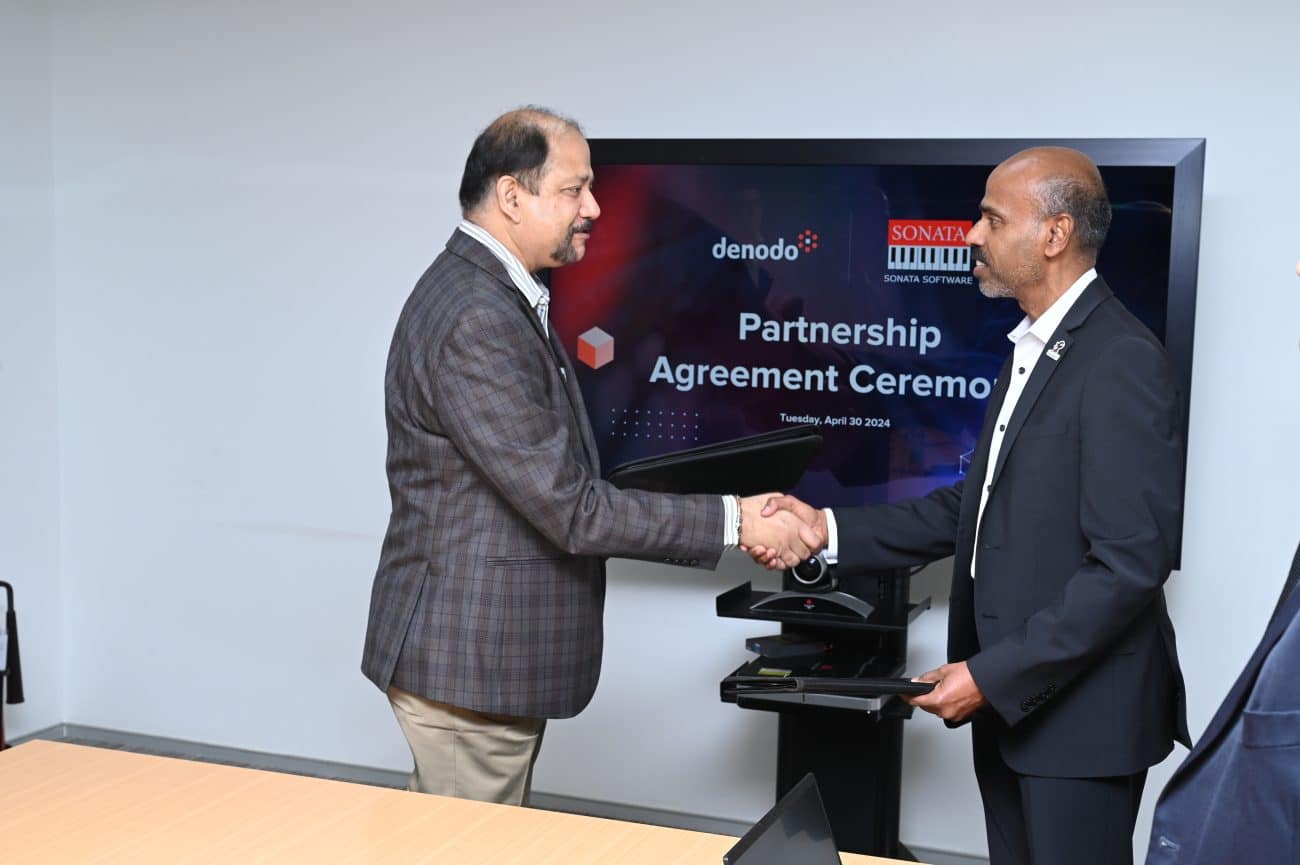|
Listen to this story
|
Philips Innovation Campus (PIC), the research and development arm of Philips in India, driving innovation across healthcare, lighting, and consumer lifestyle products, since its establishment in 1996. With a talented team of engineers, scientists, and researchers, PIC develops cutting-edge technologies, products, and solutions that meet the demands of both local and international markets.
PIC uses AI to create solutions that integrate into the workflows of healthcare providers and daily health routines of people. These AI-enabled solutions aim to augment the expertise of healthcare providers and support their decision-making, improve operational efficiency to help healthcare providers focus on patient care and empower people to take better care of their health and well-being.
Inside Philips AI & Analytics Play
“At Philips, we believe the value of AI is only as strong as the human experience it supports. That’s why we combine the power of AI with deep clinical knowledge to create solutions that integrate into the workflows of healthcare providers and the daily health routines of people”, said Ajit Ashok Shenvi, Head of Data & AI, Philips Innovation Campus, told AIM.
The data science team at Philips has recently developed several innovative health tech solutions using AI and machine learning technologies. These include the Philips Sonicare Prestige 9900, an electric toothbrush that uses sensors and a mobile app to help users improve their brushing technique, the Philips Radiology Smart Assistant, an AI-based solution that provides feedback to radiographers to improve their patient positioning skills, the EPIQ CVx and CVxi, cardiac ultrasound solutions that use AI-based models to provide semi-automated measurements for cardiac anatomical and functional quantification, and eCareManager, a telehealth program that uses advanced clinical algorithms to synthesize large amounts of patient data and identify at-risk patients for resource allocation.
For each business vertical, Philips has identified clear and focused themes in terms of AI capabilities to be integrated into our propositions. They are as follows-
- Personal Health (PH)- For PH, AI propositions centre around customer experience, engagement, healthy lifestyles and risk management.
- Precision Diagnosis- AI features throw light on diagnostic and workflow improvement, managing patient flow and health outcomes.
- Image Guided Therapy- Here, AI uses cases focus on workflow improvement, health outcomes as well as clinical intelligence and customer experience.
- Connected Care- For this specifically, AI is deployed for medical monitoring, clinical operations management, engagement, coaching, and early detection.
The businesses of Philips cover various aspects of the health spectrum, ranging from personal health to image-guided therapy, and offer diverse solutions. Therefore, the company avoids a one-size-fits-all approach.
While the company uses a common cloud platform infrastructure with some rules, there is flexibility for customisations based on the customer’s needs and the nature of solutions.
The base cloud platform is built on Amazon Web Services (AWS) and uses tools and frameworks from Microsoft, Google, and other providers. Moreover, the company has developed in-house tools and frameworks for specific purposes such as annotation, responsible AI, and data governance.
Additionally, transformer models are being used for multi-lingual clinical reporting applications. GPT and other large language models are being used for automated reporting analysis and preparation in our team. AR and VR are also implemented on demand and employed as and when relevant basis the customer need and use cases.
For example, Web-AR experience for Philips e-commerce products, and the advanced room planning for image-guided therapy use the mentioned emerging technology.

Read more: Data Science Hiring Process at Pepperfry
Interview Process
The hiring process for data science candidates typically involves a few standard tests and hackathon problems to demonstrate basic competency, followed by three to five rounds of technical and aptitude tests. Candidates who pass these stages will then be interviewed by the team manager and HR manager, with evaluation criteria varying depending on the specific data science team.
The key result areas (KRAs) used to assess data science candidates include their proficiency in machine learning (ML) and deep learning (DL), expertise in building AI solutions, familiarity with cloud-based AI platforms like AWS SageMaker, knowledge of the healthcare domain, understanding of regulatory guidelines and privacy guidelines, expertise in data management and governance processes for healthcare data like sensitivity to personal data, consent, access, awareness of data and AI bias, and deep understanding of underlying data sets.
Dos and Don’ts
According to Shenvi, the common mistake among candidates is focusing solely on building AI models in data science. However, the field encompasses end-to-end data and AI solutions that address customer needs, including accessing quality datasets and deploying solutions.
“It is not only about technology push but most importantly about addressing a customers’ end-to-end needs” he added.
Shenvi emphasised the importance of candidates recognising and comprehending the difference between AI models in the general AI field and those in the regulated sector, such as healthcare. In the latter, the process of constructing and implementing AI solutions is highly rigorous. Therefore, candidates should appreciate and understand these distinctions.
Expectations
“We seek to hire candidates for a long-term association, who possess solid theoretical background and proven expertise in building AI/ML solutions. They must be inquisitive and willing to learn both state-of-the-art and apply them to solve end-user problems,” Shenvi added.
Philips prefers candidates with a T-shaped profile and experience in healthcare. The right mindset is the most important criterion for selection.
On the hand, when it comes to the candidates, Shenvi says that they can “expect to solve unique challenges and problems in the healthcare space and improve the end user life”
Successful candidates will have the opportunity to work with one of the top AI/ML experts in the health tech industry and gain a deep understanding of various clinical modalities. In addition to this, they can look forward to a workplace culture that emphasises work-life balance and a commitment to continuous learning throughout their career.
Internship
If you are in college and looking for internships, Philips has got you covered.
Philips follows a centralised process to recruit interns from select educational institutions. The process involves candidates applying for roles, followed by interviews and mentorship at Philips.
To be eligible for the internship, students must possess strong academic credentials and relevant project experience in their field. Additionally, holding certifications in reputable programming and data science courses would be advantageous.
Work Culture
“Our work culture is guided by core values such as customer focus, patient safety, quality, teamwork, ownership, and eagerness to improve. We believe that every individual can make a difference in driving the best outcomes for our customers, patients, consumers, and colleagues” Vishpala Reddy, Head of Human Resources, Philips Indian Subcontinent told AIM.
Philips’ gender distribution throughout the company is 39% on average. Around 1,300 women are in senior management positions, such as senior directors and executives.
To create a more inclusive workplace, Philips prioritises transparency and gender balance in senior leadership positions, provides unconscious bias awareness training, and fosters diverse talent through employee resource groups and mentoring. Additionally, we aim to combat the digital divide by ensuring accessibility to technology and providing training opportunities for all employees. Leaders should continually invest in resources and training to upskill employees and stay up-to-date with market trends.
“Our inclusive culture prioritizes oneness, and we do not disclose employee representation based on sexual orientation, gender identity, expression, or disability,” concluded Reddy.
Read more: Raining Quantum Investments, But Talent Still an Issue



















































































